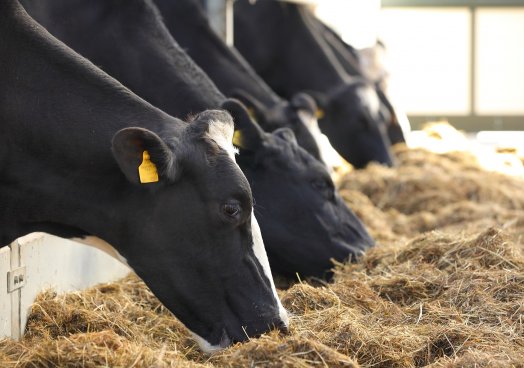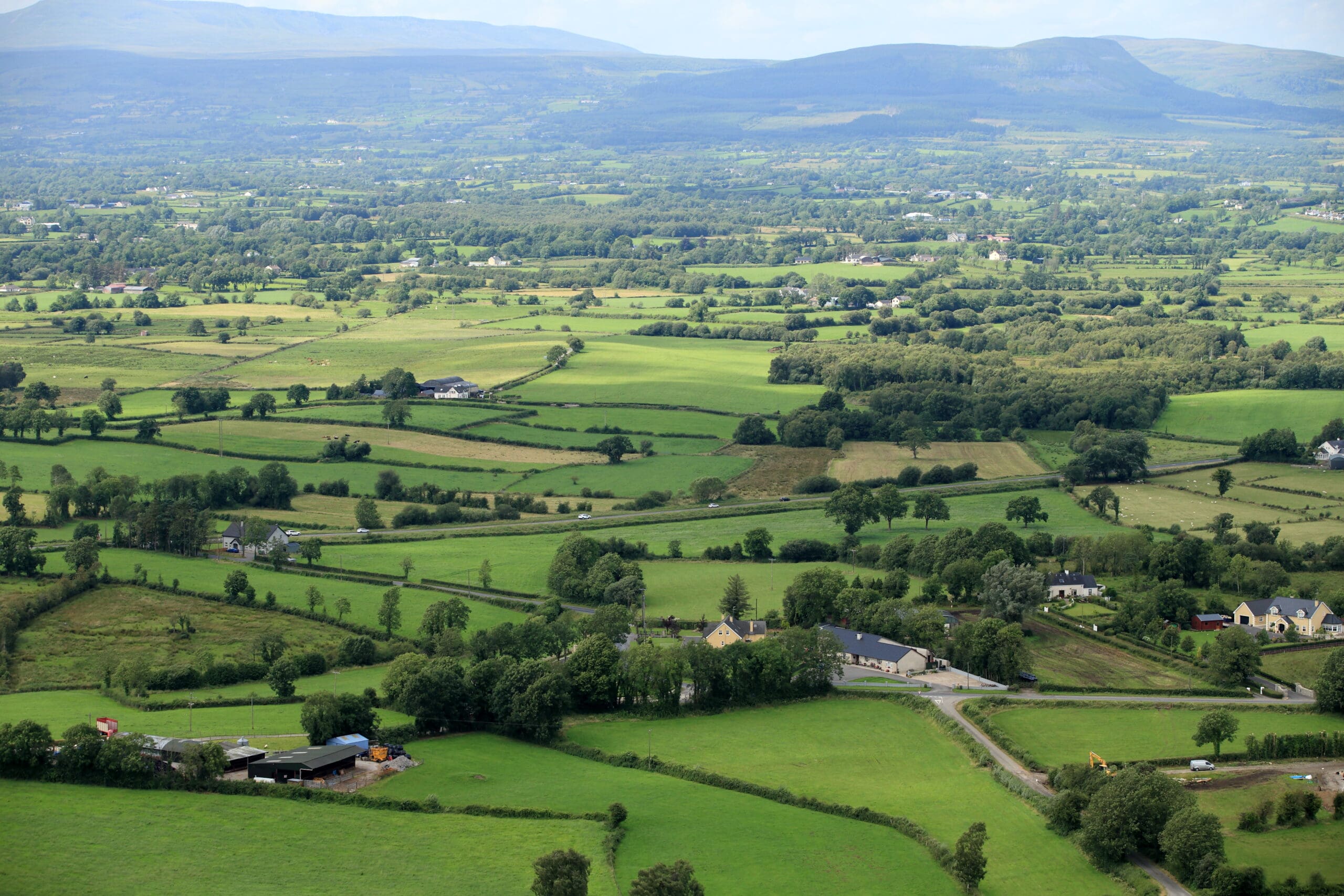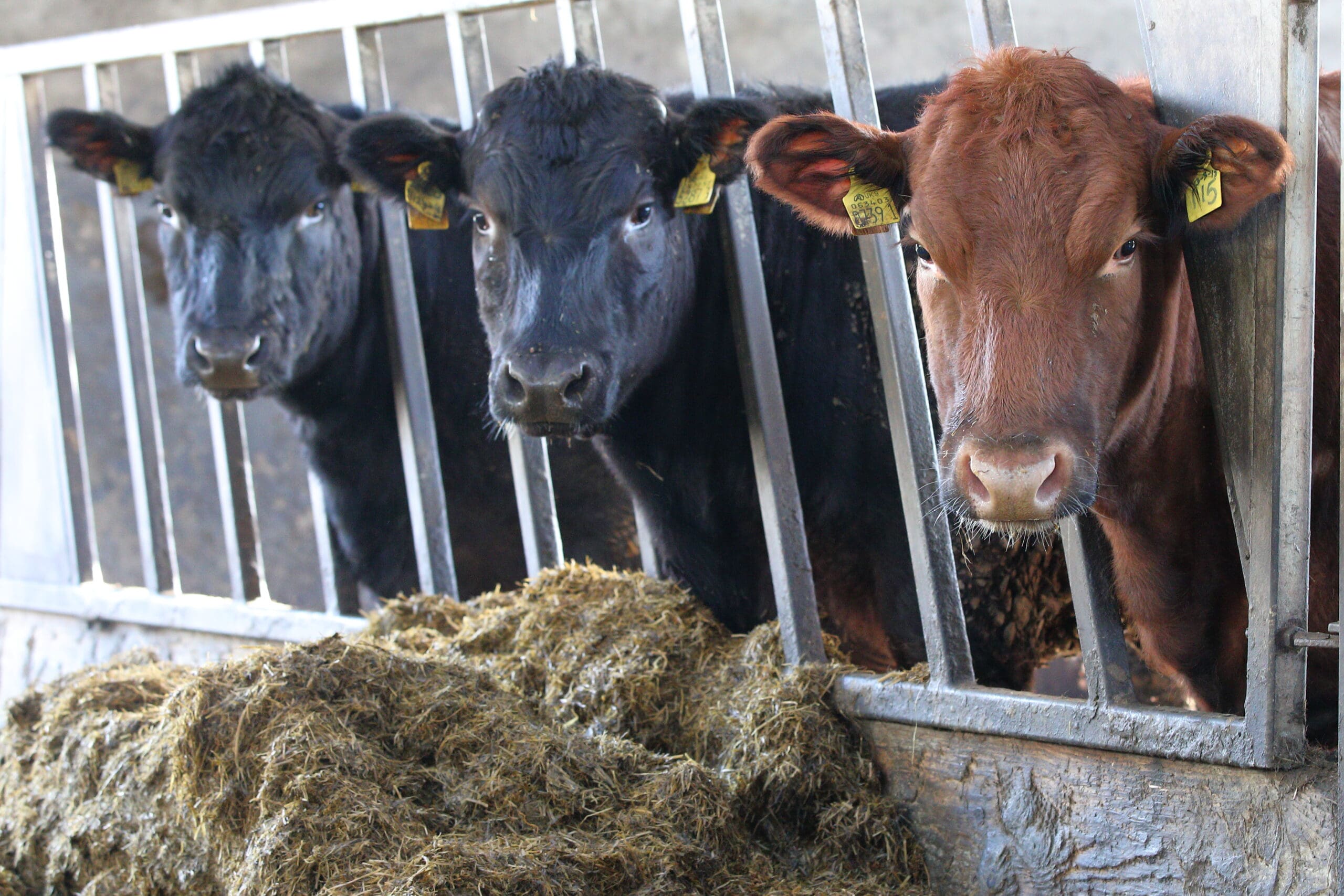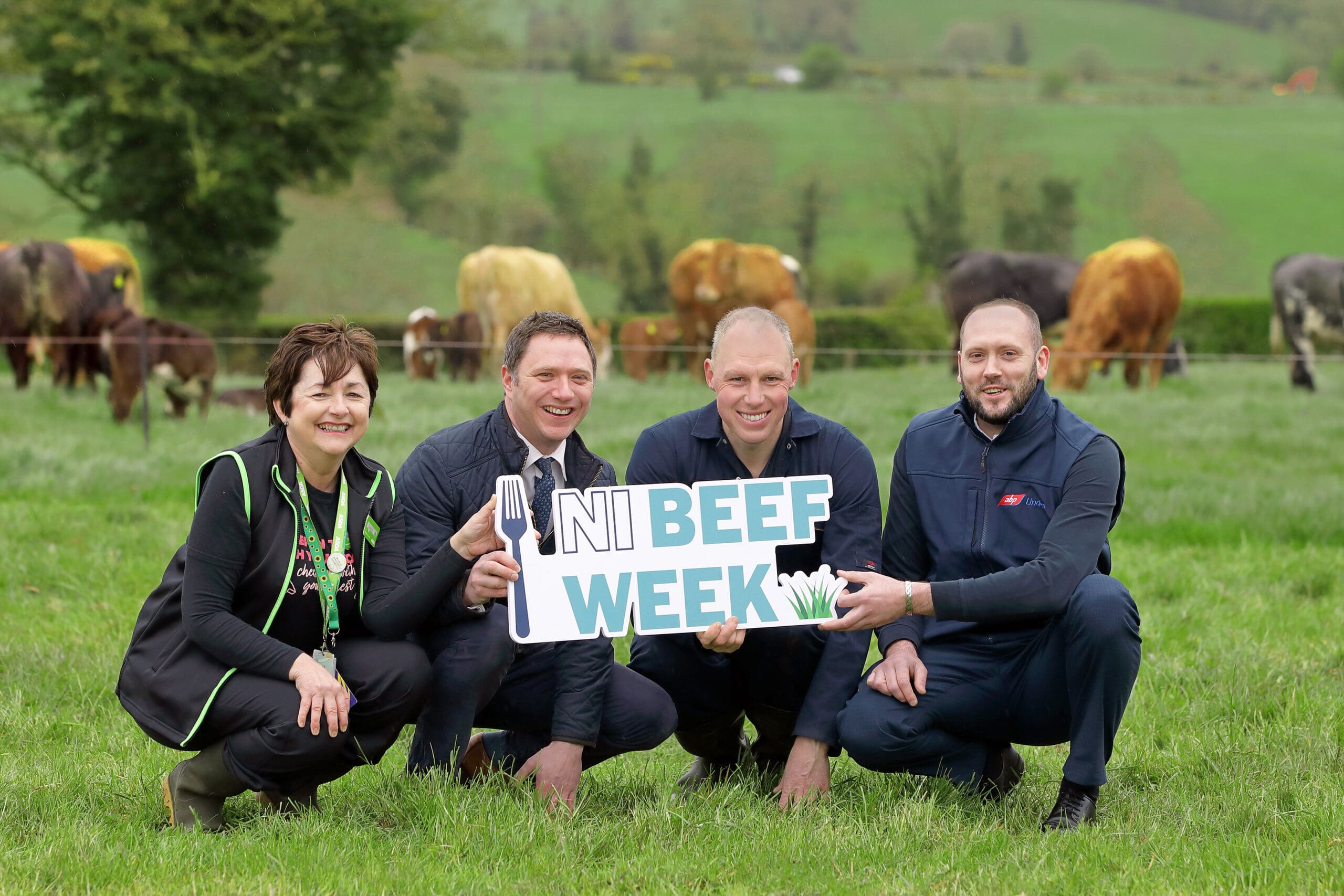
Wednesday the 1st of April will go down in history as a landmark day for European Agriculture with the EU milk quota regime set to end.
Commenting on the abolition of milk quotas, UFU President Ian Marshal said: “Over the last 31 years the Northern Ireland dairy industry has changed beyond recognition, with production volumes having risen from 1.3billion litres in 1984 to 2.2billion litres in 2015. Over the same period the average yield per cow has moved from 4630litres to 7690litres per cow with some of our top yielding cows now individually producing in access of 15,000litres in an annual lactation. However, whilst milk volumes rose, so too did our exposure to global dairy commodity markets and our dairy farmers are currently living with the sort of price volatility which seems to be part and parcel of exposure to such markets.
“Looking back, milk quotas were introduced to deal with over production in the EU, and despite reservations at the time, they have been successful in doing so. Nevertheless controlling production on its own, has not delivered either the stability or sustained profitability which primary producers need to enable them to plan for future reinvestment or indeed meet current bills. We’ve known for some time now that milk quotas were going to disappear and yet, even with the UK having produced milk volumes below their quota level for the last 12 years, in itself that has not been sufficient to deliver a stable and sustainable farm gate milk price.”
Ian continued: “While it doesn’t appear to primary producers that we’ve achieved the “soft landing” that the Commission would have hoped for, local dairy processors have developed export markets for whole milk powder and cheese which should position the NI dairy industry well for the future. Currently EU dairy markets are quiet, with buyers holding back to see what happens, sellers have little powder to sell, and the recent European Commission forecast that milk volumes will only increase by 1% in the next year which means that the soft landing should be realised.”
Ian concluded: “Going forward, the NI dairy industry is ahead of its counterparts in GB on account of our long standing exporting experience and I feel we are in a position to further develop this presence as long as we tackle price volatility. However, we would have concerns about the lack of tools available to deal with volatility and are looking at a range of possible volatility management options such as fixed price contracts, futures pricing and a margin protection programme, which would include raising the safety net baseline at EU level. In addition, we will be looking to our local dairy processors to further develop dairy products in the domestic and export markets.
“There is no denying that there will be difficulties ahead but this should not detract from the opportunities that will only be realised if we address the issue of milk price volatility and further develop both export and domestic markets.”




